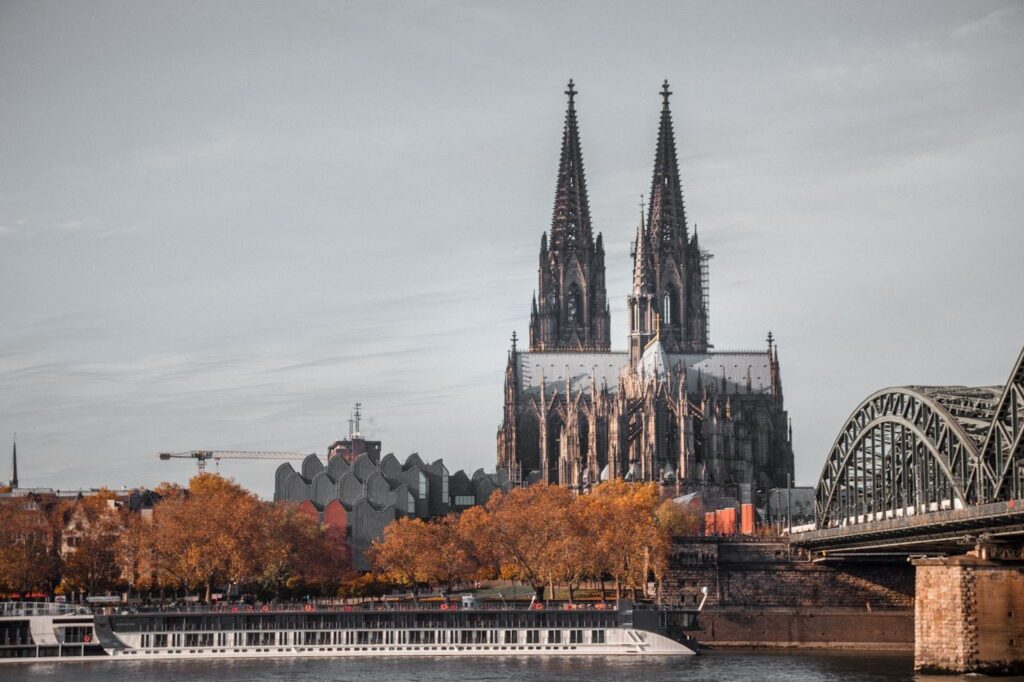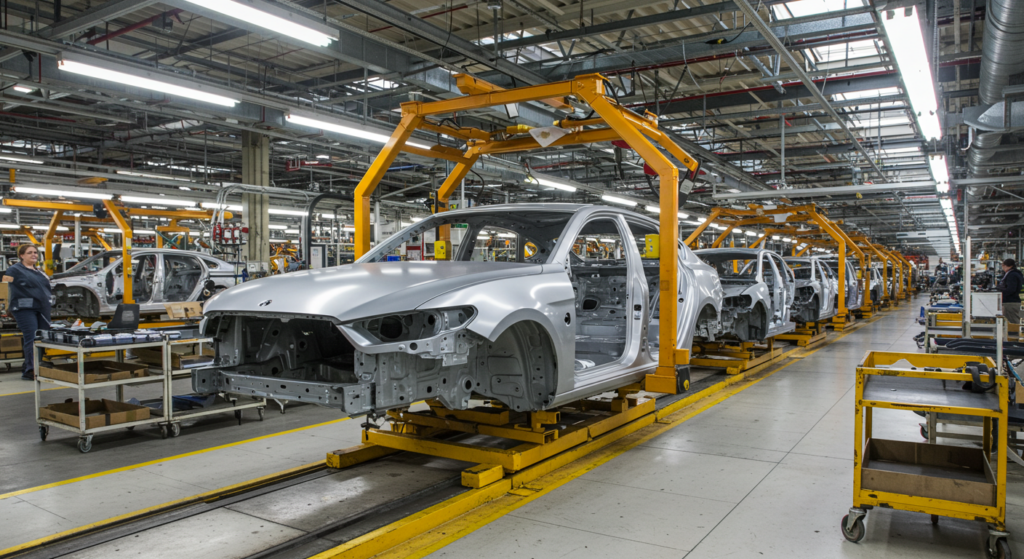Imagine this: You’re sitting across from a Volkswagen executive, and they lean in, saying, “We’re opening our doors to Chinese EV manufacturers… in Germany.” Surprised? You’re not alone. This marks a seismic shift in the global automotive industry, and it’s a story worth unpacking.
Here’s the deal. Volkswagen is in talks with Chinese EV manufacturers to form joint ventures right in the heart of Germany. Think about it: factories like Dresden and Osnabrueck—iconic symbols of German engineering—might soon be producing Chinese electric cars. Yes, you read that right.
Why? Because the rules of the game have changed. Chinese EV makers are dominating the global stage with competitively priced, tech-packed models. Europe’s import tariffs make it costly to bring these vehicles here, so why not build them locally? Meanwhile, Volkswagen has excess factory capacity and declining sales for certain models. A match made in… necessity?

A strategic retreat or a smart pivot?
Some call it a retreat—a sign that Volkswagen is conceding ground to Chinese manufacturers. Others see it as a brilliant, pragmatic move. Instead of fighting an uphill battle, Volkswagen is leveraging this partnership to adapt, stay relevant, and even gain a piece of the rapidly growing EV pie.
Let’s talk numbers:
• Factories like Osnabrueck could see a second life, producing cars under a joint Chinese-German venture.
• Jobs might be preserved, but the long-term question looms: at what cost to Germany’s automotive independence?

This isn’t just about cars. It’s about geopolitics, economics, and the future of an entire industry. Germany has been the bedrock of automotive innovation for decades. By inviting China into this space, Volkswagen is walking a tightrope—balancing short-term survival with potential long-term risks.
Here’s my take:
This move reflects the urgency of adapting to new realities. The EV race is global, and sitting still is no longer an option. Volkswagen’s pivot isn’t just a reaction—it’s a signal to the entire industry that collaboration (even with the competition) might be the key to staying alive.
But I want to know—what do YOU think?
• Is this a bold move that secures the future of German automotive jobs?
• Or is it a slippery slope toward losing control of a cornerstone industry?





